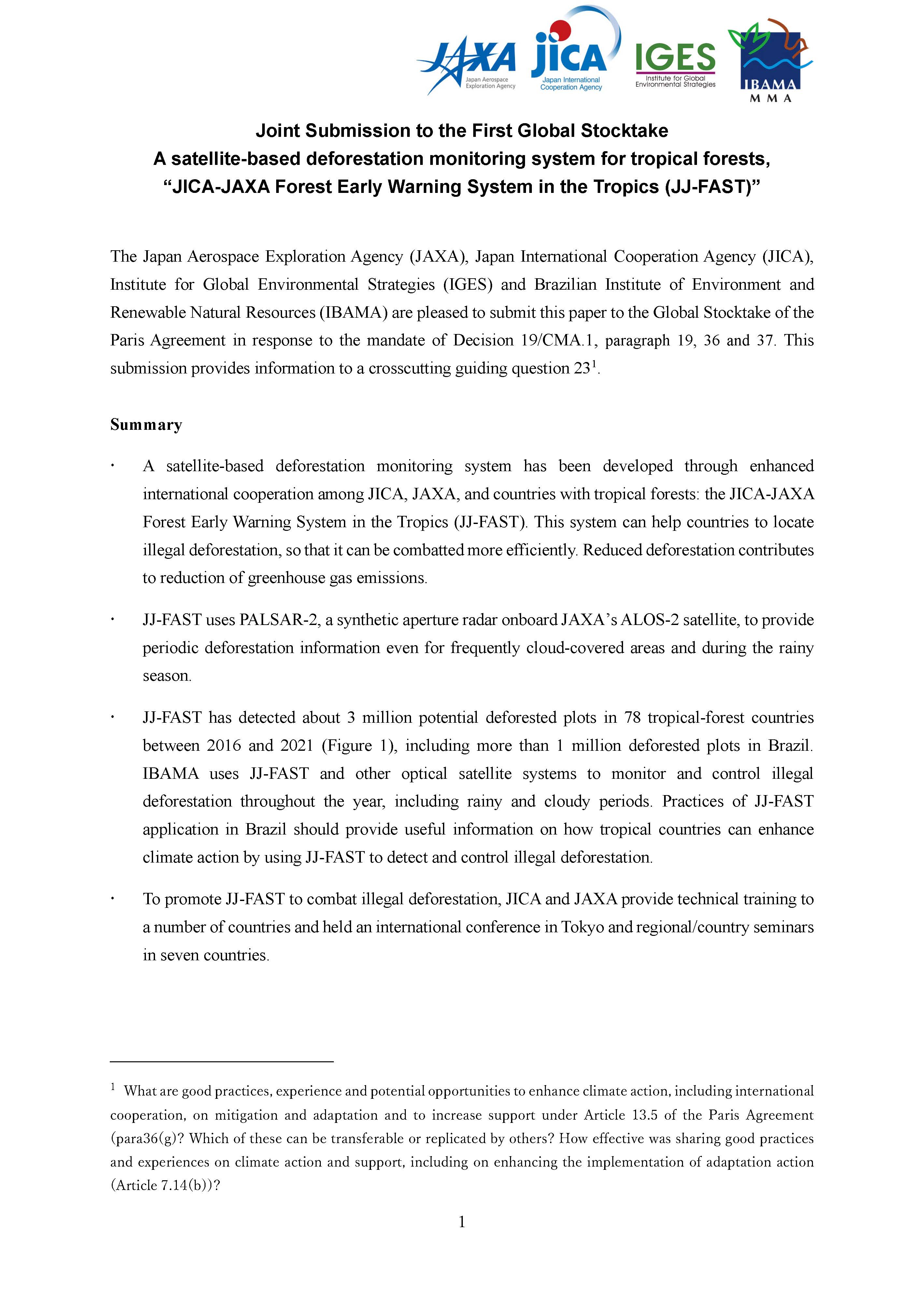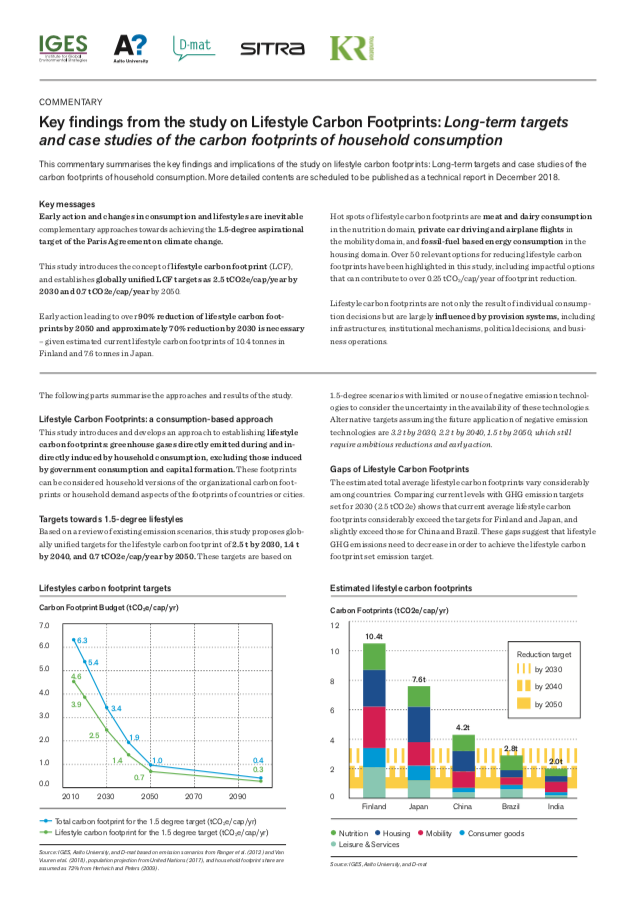In Sustainability
Given the effort to reduce greenhouse gas (GHG) emissions, understanding the consumption patterns that facilitate and support changes is essential. In this context, household food consumption constitutes a large part of society’s environmental impacts due to the production and solid waste generation stages. Hence, we focus on applying the Life...



